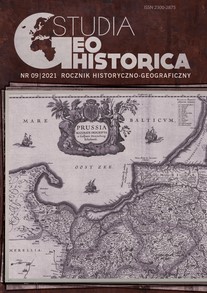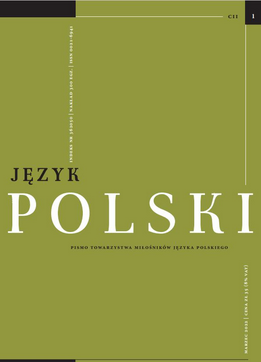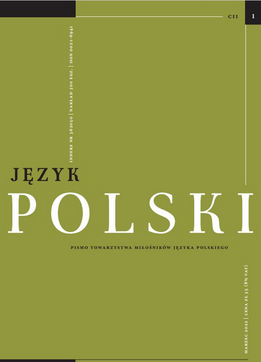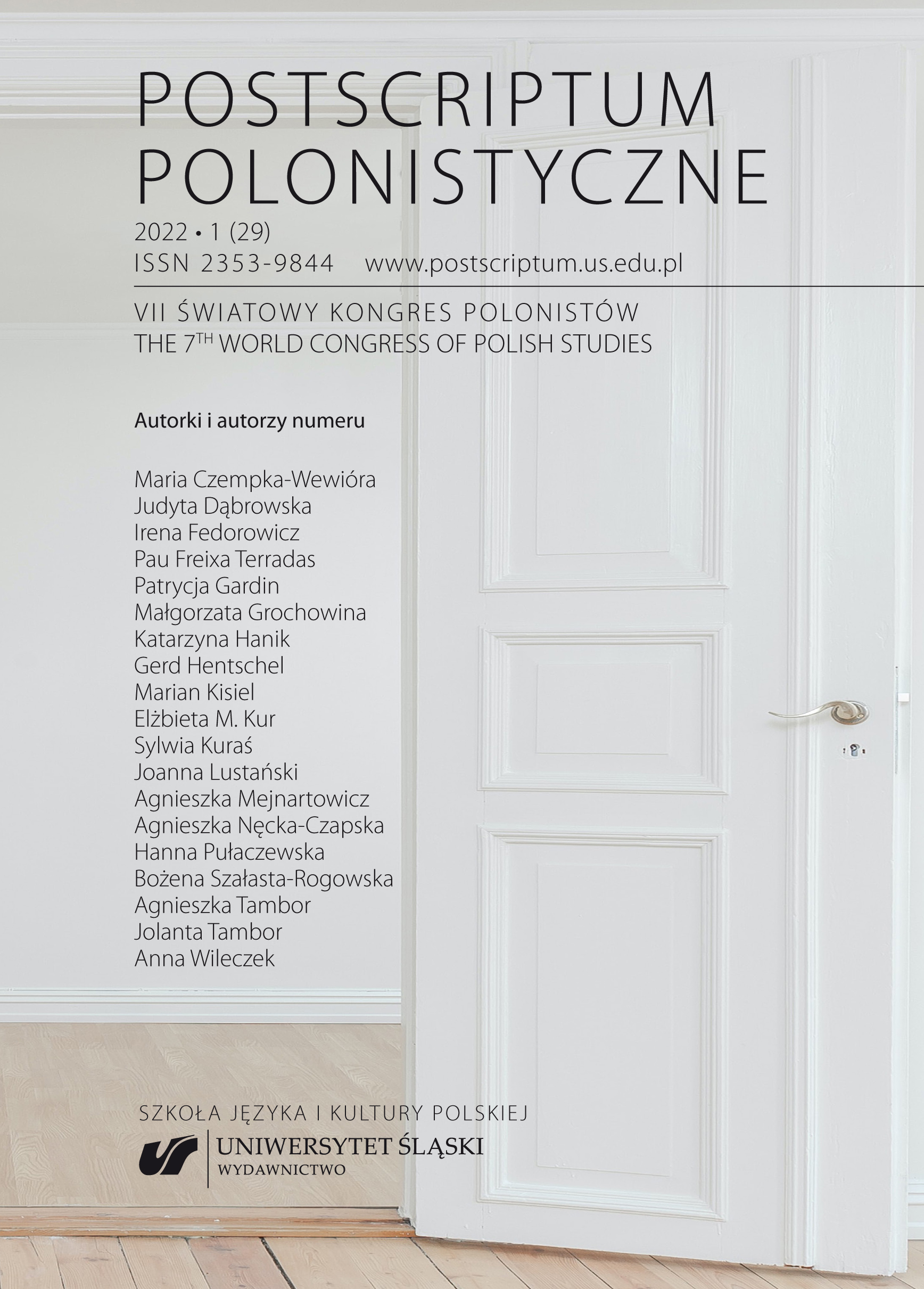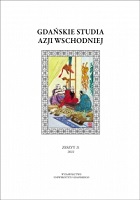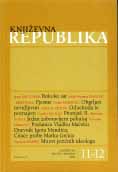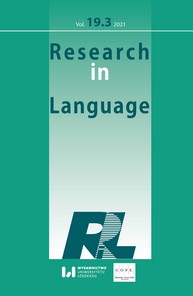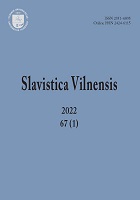Author(s): František Štícha / Language(s): Czech
Issue: 1/2010
The article concerns primarily the distribution of the single-word conjunction aniž and its synonyms, which are the compounds bez toho, aby/bez toho, že and the most com-plex form bez toho, aniž by. The author argues that this complex conjunction, which consists of four words (the word aniž itself being, form the historical point of view, a fusion of three words – a – ni – ž), is a problematic innovation in contemporary stan-dard Czech. The reason is that the shorter innovation of bez toho, aby or bez toho, že was invented (or adopted from other languages) after November 1989 to replace the single-word aniž probably for stylistic reasons (aniž being felt as strongly formal or li-terary). Now, the most complex bez toho, aniž by combines the newly used bez toho, aby/že with the formal aniž, which, in fact, should have been replaced by the bez toho, aby/že. a fully non-functional device thus appears within the system of Czech conjuncti-ons and only future usage will determine whether this will be adopted in standard Czech. As the corpus findings show now, the single-word aniž is much more frequent in written standard Czech than both the bez toho, aby/že variant and the most complex bez toho, aniž by.
More...
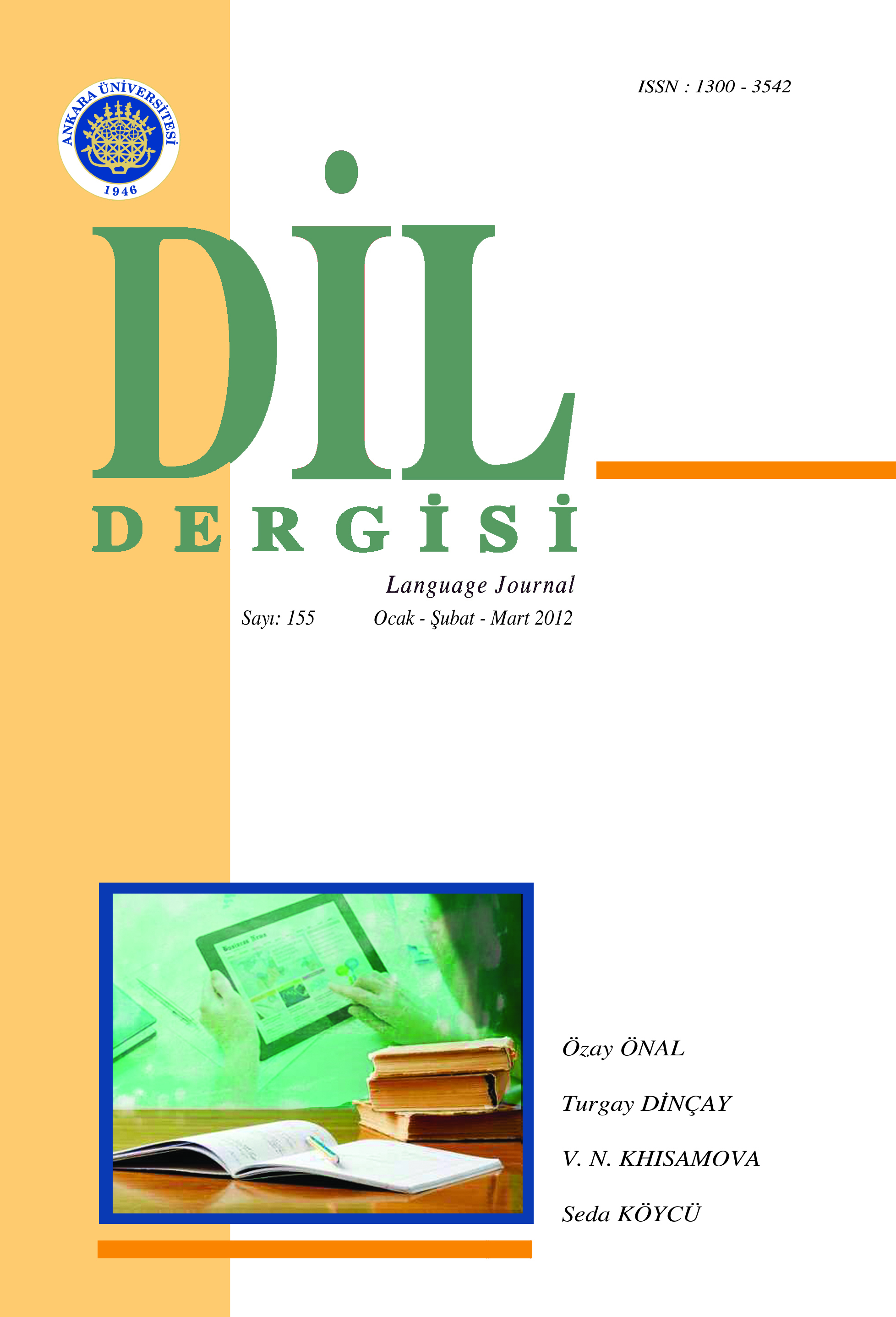

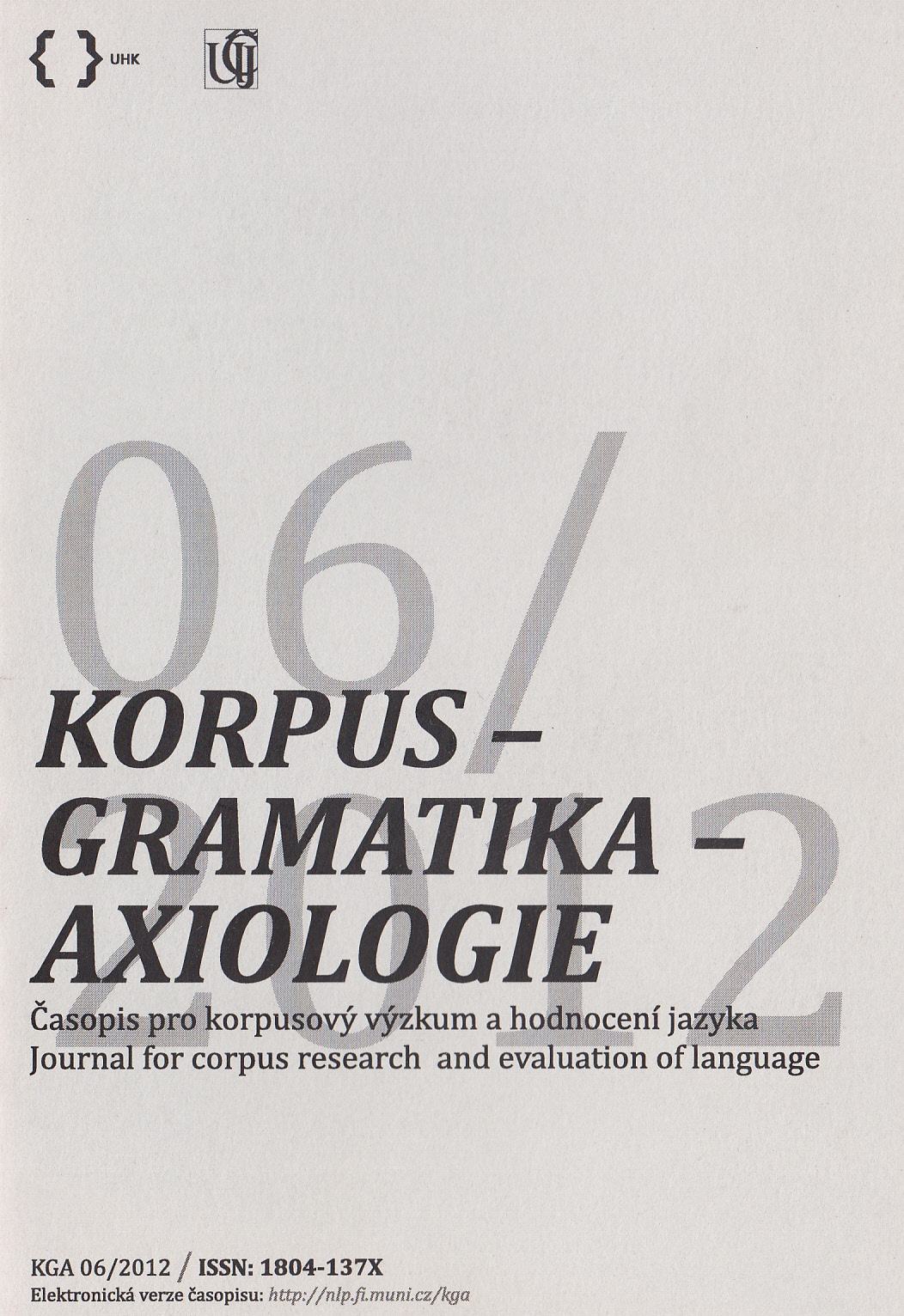
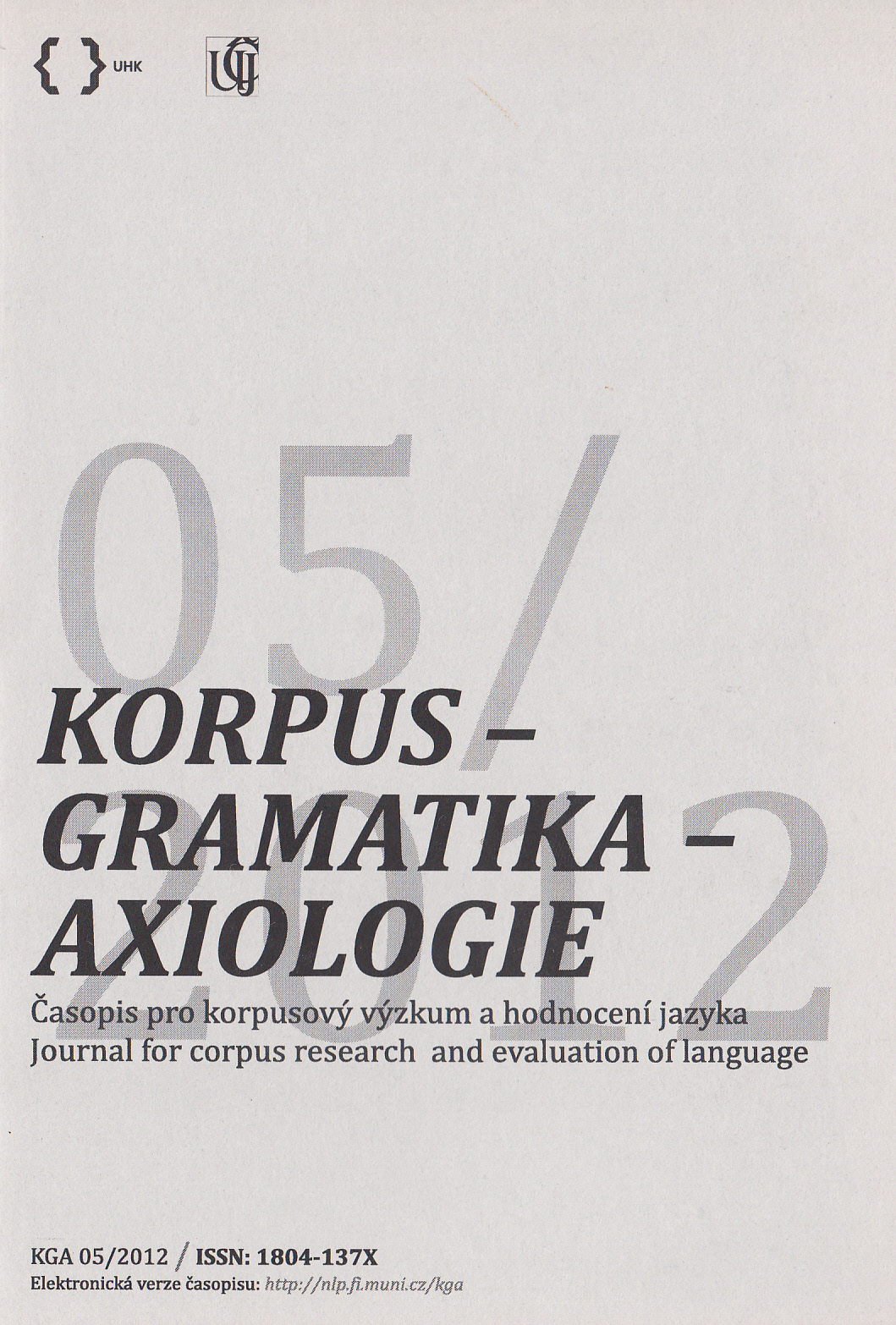
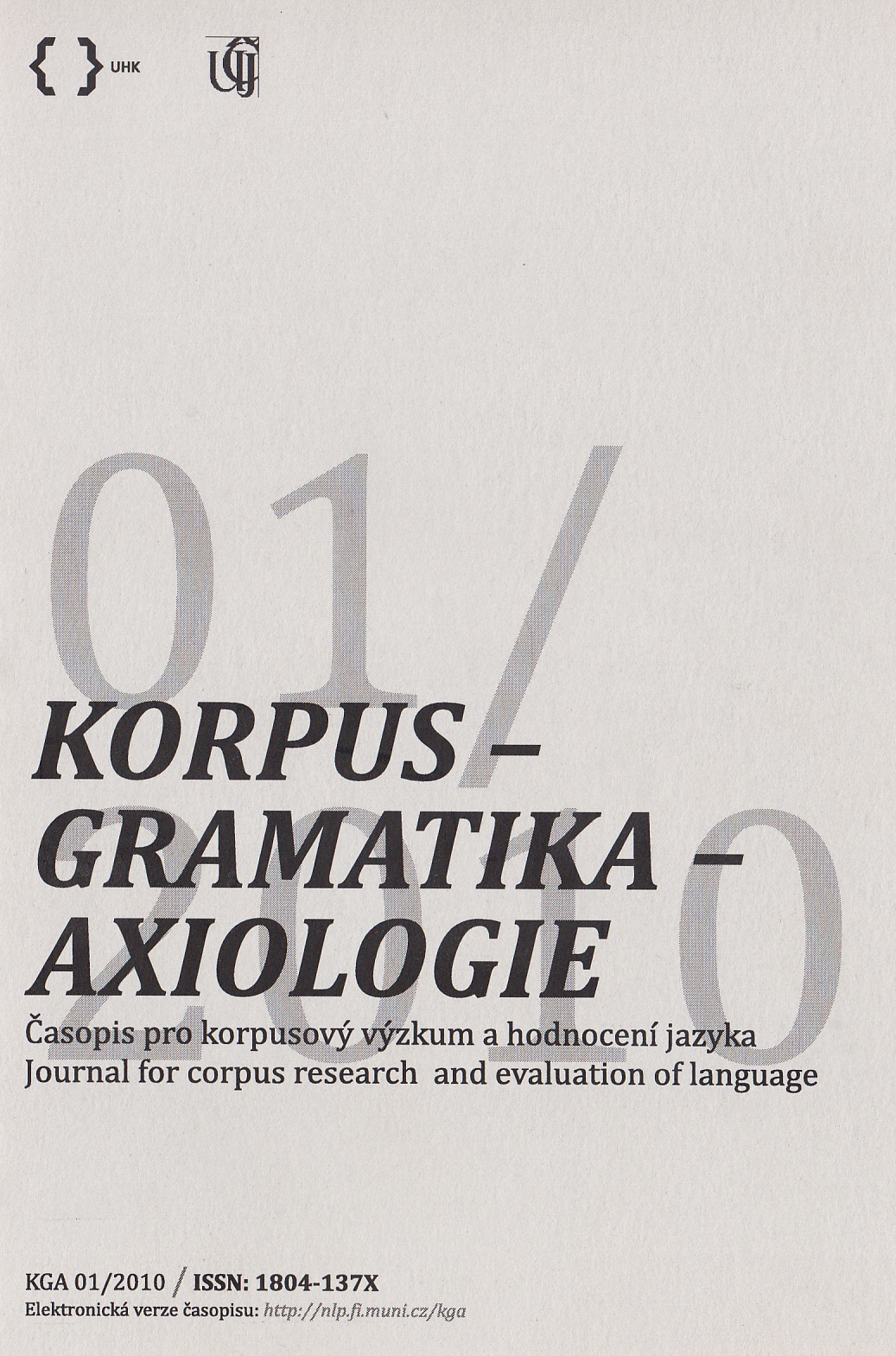
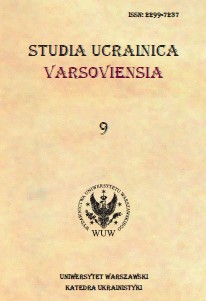
![Word-initial /ɨ/~[ɨ] in Polish](/api/image/getissuecoverimage?id=picture_2022_68397.jpg)
